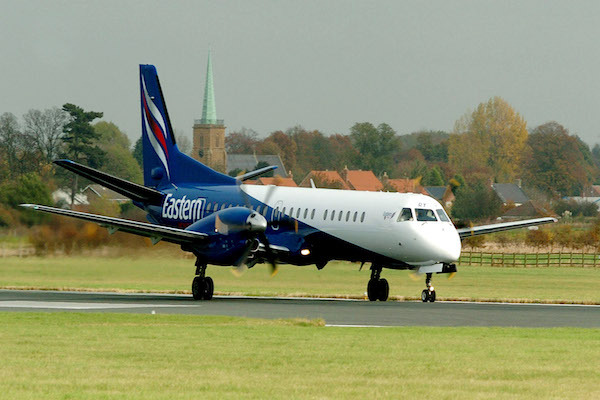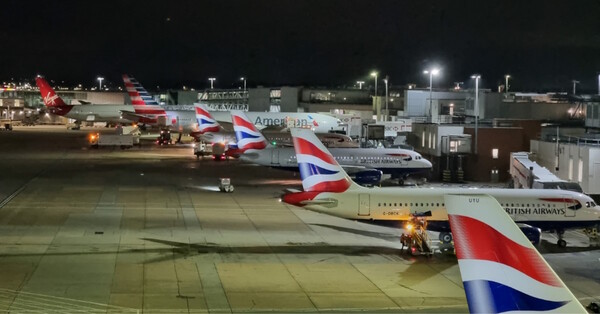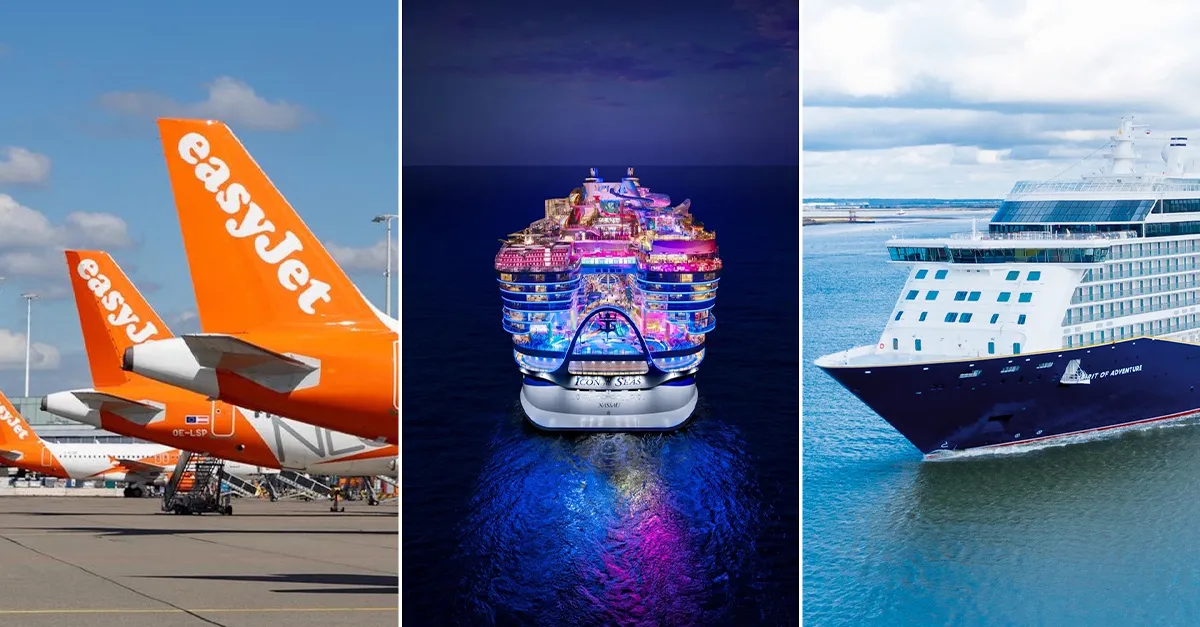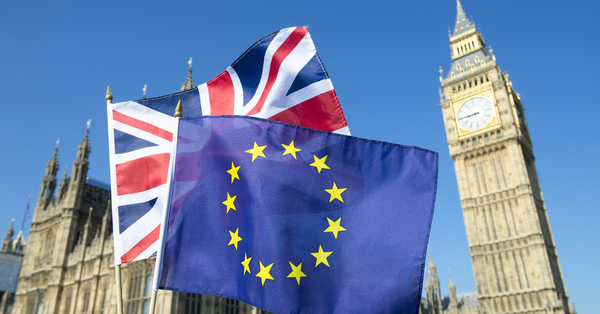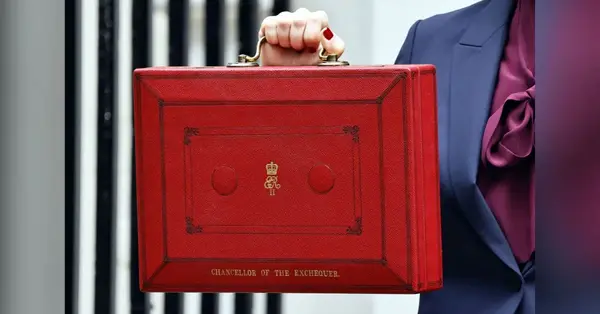You are viewing 1 of your 2 free articles
Analysis: European climate plan ‘falls short of expectations’
The COP30 climate conference in Brazil got underway on November 10 amid muted hopes for decisive action to combat global warming and to mitigate the consequences.
Representatives of leading oil producing countries, including last year’s COP29 host Azerbaijan were not even in Brazil.
Ahead of the summit, EU member states watered down plans to cut greenhouse gas emissions by 90% by 2040 despite retaining the target in the bloc’s ‘Sustainable Transport Investment Plan (STIP)’, published last week.
More: Clients who see impact of climate change ’become passionate converts’
‘Extraordinary circumstances’ becoming normal due to climate change
This drew a mixed response. The Destination 2050 coalition of aviation bodies, including Airlines for Europe and airports association ACI Europe, described it as “an important step forward” and “signal to tackle the teething problems of the Sustainable Aviation Fuel (SAF) market in Europe”, but concluded it “falls short of what is needed to accelerate decarbonisation of air transport”.
The coalition described the funding support as “disappointingly low” and said it was “deeply concerned” by uncertainty over establishing a system for airlines to book and claim SAF regardless of local availability and extending SAF allowances under the EU emissions trading scheme (ETS) beyond 2030, as well as the absence of support for hydrogen or electric power.
However, it welcomed agreement on a double-sided auction system – in which buyers and sellers submit bids and seek prices simultaneously, like a stock market – to boost SAF investment.
Iata welcomed the EC’s “recognition of challenges that derive from SAF mandates that were flawed from the outset, particularly the price gap between sustainable and conventional fuels” but said: “Stronger action is needed.”
Willie Walsh, Iata director general, argued: “The STIP falls short of critical industry expectations. We hope this is just the start.”
Environmental lobby group Transport and environment (T&E) suggested the EU plan “diagnoses the problems for decarbonising planes and ships” but warned its “most impactful measures may arrive too late”.
It noted the STIP “promotes continued use of biomethane in shipping [when] limited stocks should be prioritised for sectors that depend on fossil gas”, and “only encourages” member states to use ETS revenues to decarbonise aviation and shipping, arguing: “More than €7 billion could have been raised last year by extending the ETS to all long-haul flights.”
The European Environmental Bureau (EEB), which represents 190 organisations, was more critical saying: “Governments chose short-term political convenience over scientific integrity, environmental safety and societal responsibility, by failing to uphold a loophole-free domestic 90% net target – the bare minimum recommended by scientists.”
The EEB described the plan as “riddled with debilitating flexibilities” and the EU of “setting itself up to fail”, accusing policymakers of “using ‘simplification’, ’competitiveness’, ’defence’, and ’food security’ to weaken rules to benefit corporate interests”.
It warned the EU “risks missing its climate goals, delaying green investments and losing credibility in global climate negotiations”.




